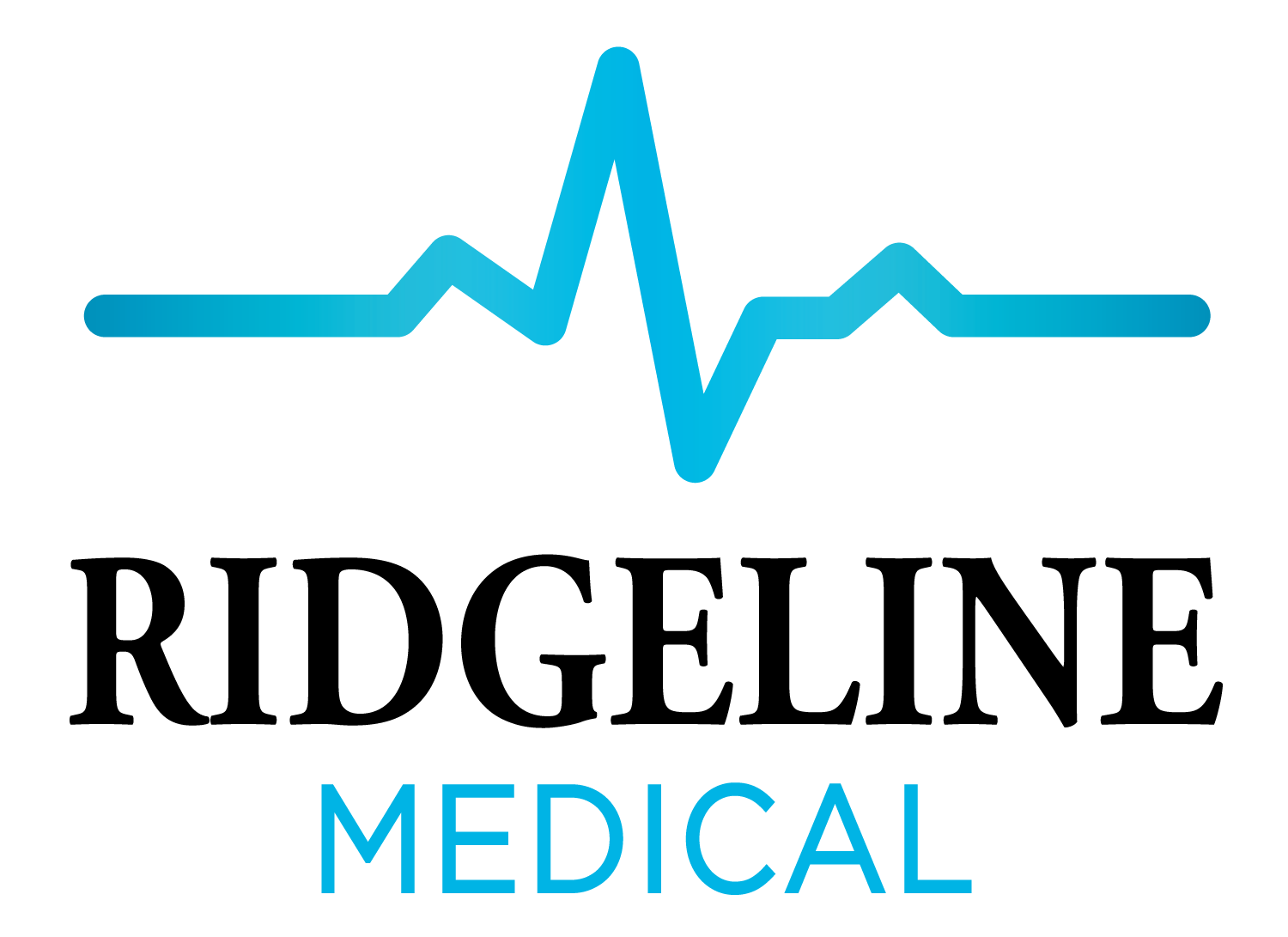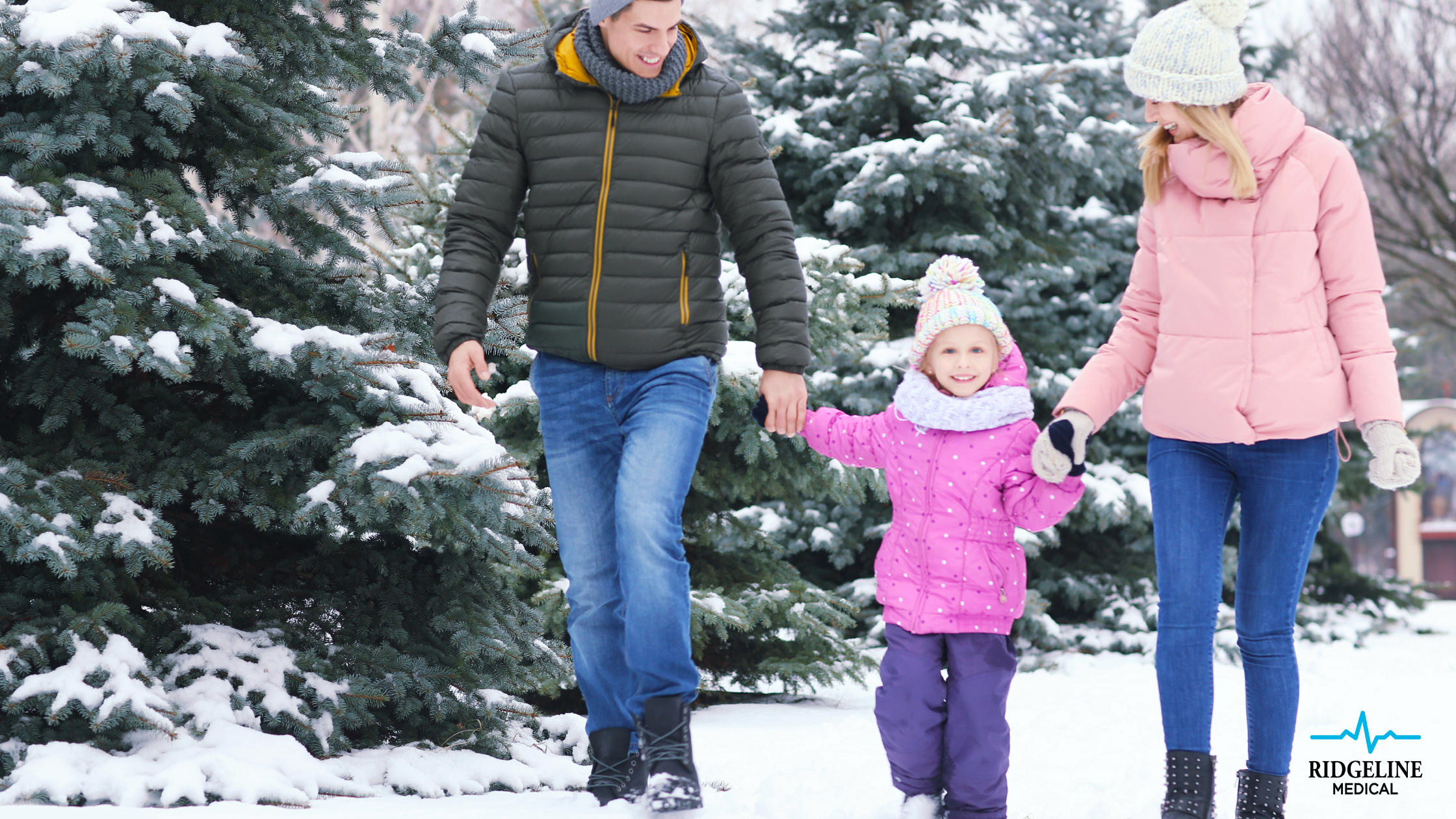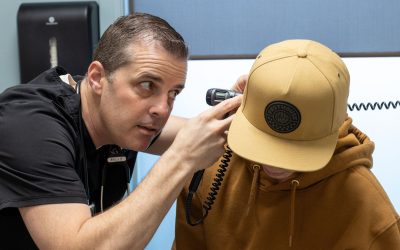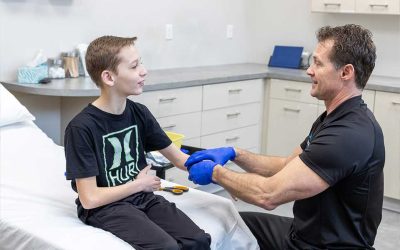What should I do if I slip and fall on ice?
If you slip and fall on ice, it’s important to assess your condition before attempting to get up. If you feel any severe pain, numbness, or inability to move a limb, seek medical help immediately. If the fall seems minor, rest, apply ice to any sore areas, and monitor for signs of a more serious injury.
How can I prevent muscle strains while shoveling snow??
To prevent muscle strains while shoveling snow, warm up your muscles before starting, use a proper lifting technique (lift with your legs, not your back), and take frequent breaks. Don’t try to lift too much at once, and consider pushing the snow rather than lifting it when possible.
What are the signs of frostbite, and how should I treat it?
Signs of frostbite include cold, numb, or pale skin that may become hard or waxy in appearance. In severe cases, blisters may form. If you suspect frostbite, move to a warm place immediately, warm the affected areas slowly using warm (not hot) water, and seek medical attention as soon as possible.
How can I stay safe while driving in winter conditions?
To stay safe while driving in winter conditions, reduce your speed, increase your following distance, and avoid sudden movements like hard braking or sharp turns. Ensure your vehicle is equipped with winter tires, keep your gas tank at least half full, and carry an emergency kit in your car.
When should I seek medical attention after a winter sports injury?
You should seek medical attention after a winter sports injury if you experience severe pain, swelling, or bruising, cannot bear weight on an affected limb, or suspect a head injury. Even if an injury seems minor at first, it’s important to get it checked if symptoms worsen or don’t improve within a day or two.
Prompt, Compassionate Care When You Need It!
Winter doesn’t have to be a season filled with accidents. By following these prevention tips and knowing when to seek medical care, you can safely enjoy all that winter in Idaho Falls has to offer. If you do experience a winter injury, Ridgeline Medical in Idaho Falls is here to provide prompt, compassionate care to help you recover and get back to your regular activities. Walk-in to our Urgent Care anytime Monday-Friday from 8 am – 8 pm or on Saturdays from 9 am – 5 pm. If you want to make a primary care appointment, contact Ridgeline Medical to schedule a consultation today.
The information provided in this blog is for educational and informational purposes only and is not intended as a substitute for professional medical advice, diagnosis, or treatment. Always seek the advice of your physician or another qualified health provider with any questions you may have regarding a medical condition or treatment.




